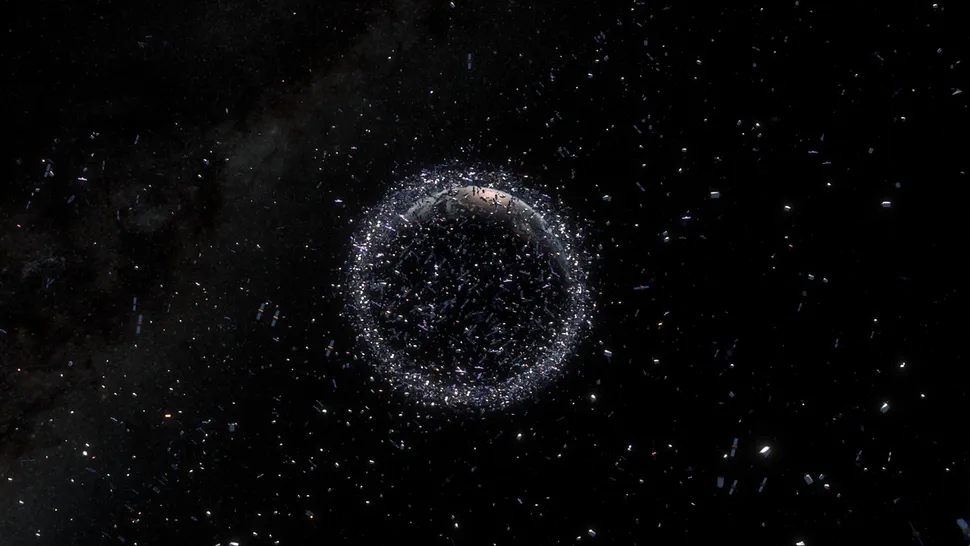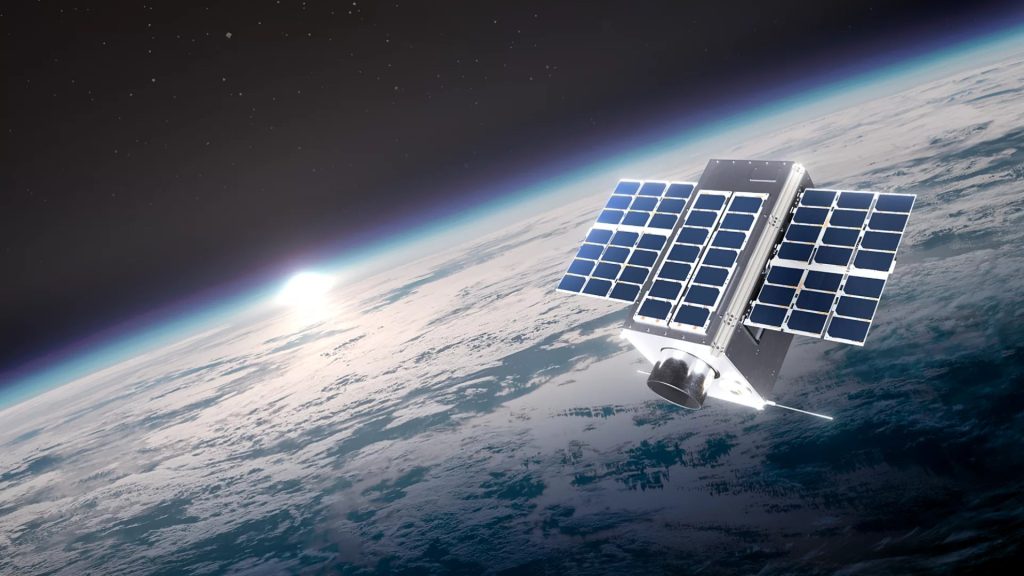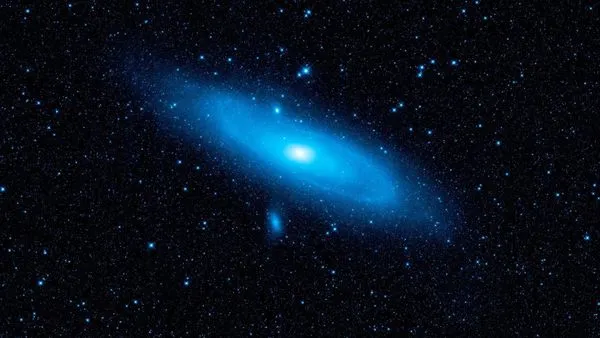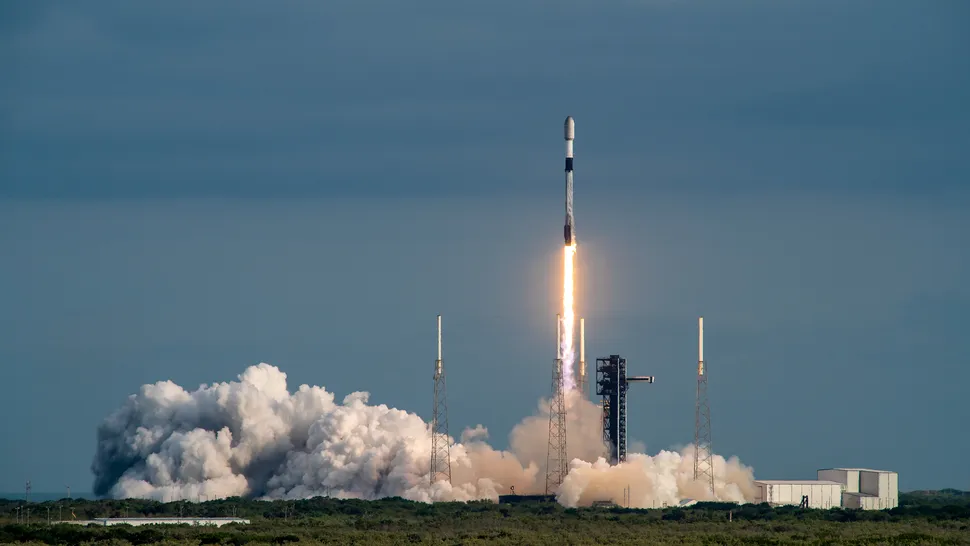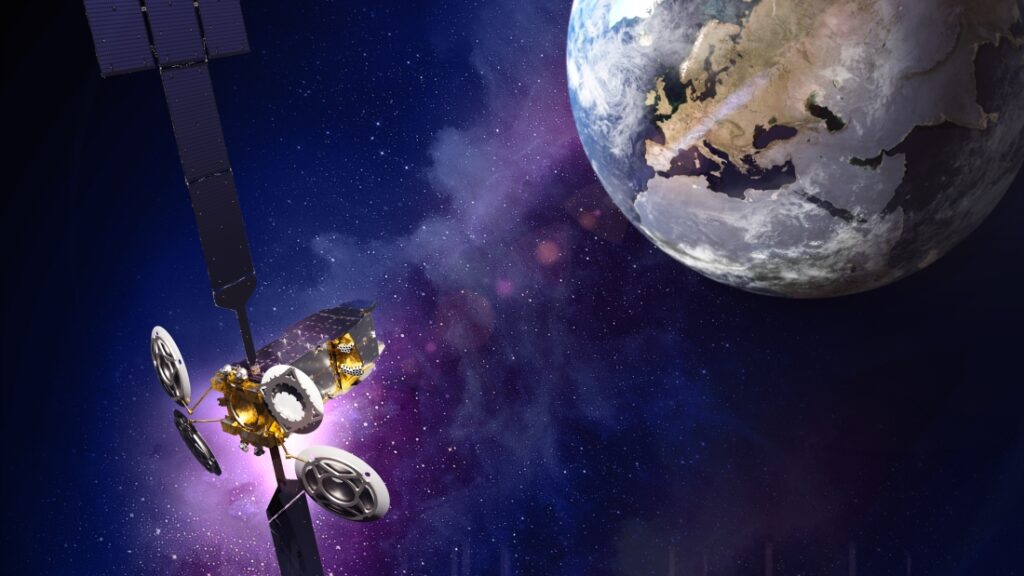Ghana Space News
Earth orbit is becoming increasingly polluted. NASA estimates that at least 500,000 pieces of debris 1 cm or greater circle our planet; ESA estimates more than 1 million. As the number of spacecraft we launch into orbit or beyond grows, so too does the amount of debris we leave in their wake...
The four zebrafish China sent to its space station are thriving after spending almost a month in orbit. Launched on April 25 alongside three astronauts aboard the Shenzhou-18 spacecraft, the zebrafish and four grams of goldfish algae are currently in good condition in their aquatic habitat on...
United States officials condemned North Korea’s latest attempt to put a reconnaissance satellite in orbit, according to a report. North Korea attempted to send a spy satellite into space on Monday (May 27). However, the rocket carrying that satellite exploded, according to multiple media...
Key Highlights YahClick signs MoU with Eutelsat Group to utilise Eutelsat’s KONNECT Yahsat to hold exclusive rights to utilise Eutelsat’s KONNECT capacity in Ethiopia Eutelsat Group and YahClick have signed a Memorandum of Understanding (MoU), allowing YahClick to utilise capacity on Eutelsat’s...
A variation on the theory of quantum gravity — the unification of quantum mechanics and Einstein’s general relativity — could help solve one of the biggest puzzles in cosmology, new research suggests. For nearly a century, scientists have known that the universe is expanding. But in recent...
SpaceX is set to launch yet another batch of its Starlink internet satellites from Florida on Tuesday morning (May 28). A Falcon 9 rocket is scheduled to loft 23 Starlink spacecraft from Cape Canaveral Space Force Station on Tuesday during a four-hour window beginning at 7:30 a.m. EDT (1130 GMT)...
Thanks to the U.S. Space and Rocket Center in Huntsville, Alamaba already has a reputation for being home to rocketry. The state now has cause to celebrate that fact, as students from Tharptown High School in Russellville, AL created a rocket that won the top spot in the world’s largest...
Yahsat has signed an MoU for a multi-year deal to leverage capacity on Eutelsat Group‘s Konnect satellite across multiple African and Middle East nations. Under the deal announced Wednesday, Yahsat will have exclusive rights to Konnect capacity over Ethiopia, one of the fastest-growing African...
Key Highlights Starlink secures regulatory approval in Zimbabwe IMC Communications becomes the sole and exclusive local partner According to the President of Zimbabwe, Emmerson Mnangagwa, he has authorised the Postal and Telecommunications Regulatory Authority of Zimbabwe (POTRAZ) approval of...

